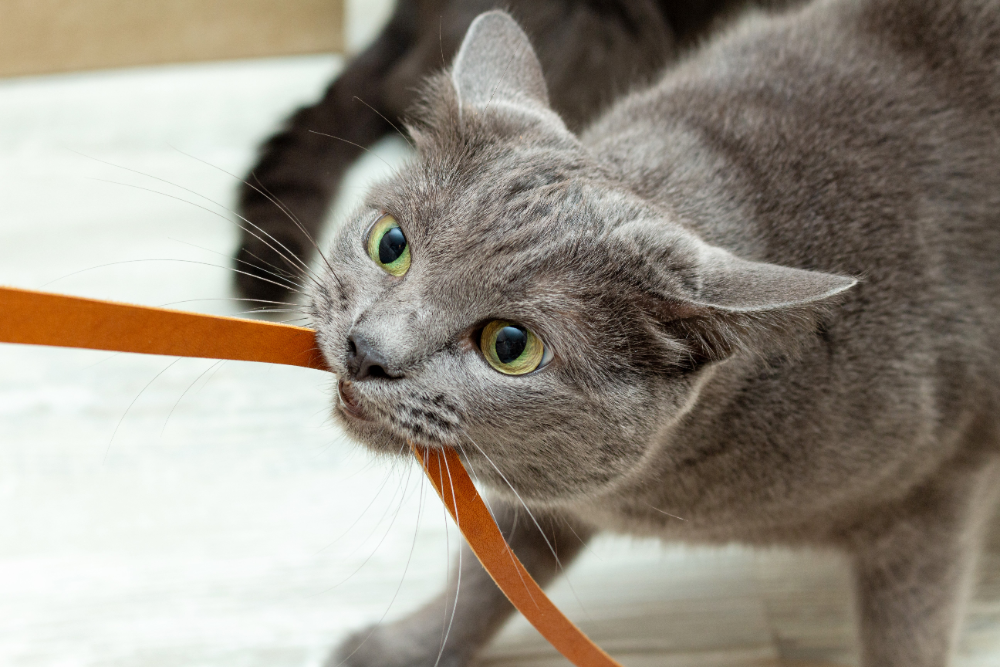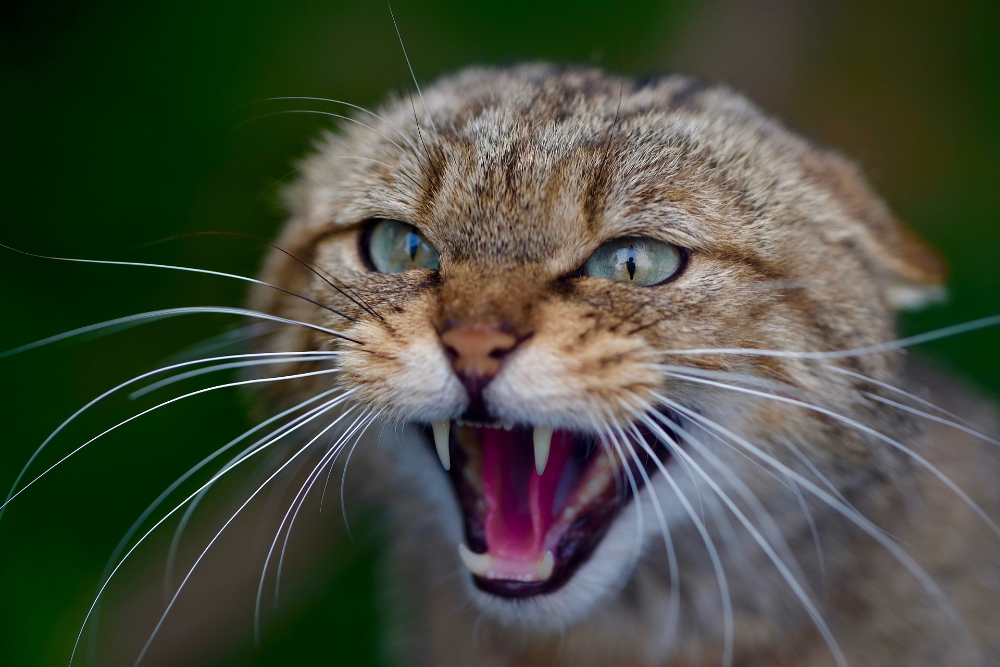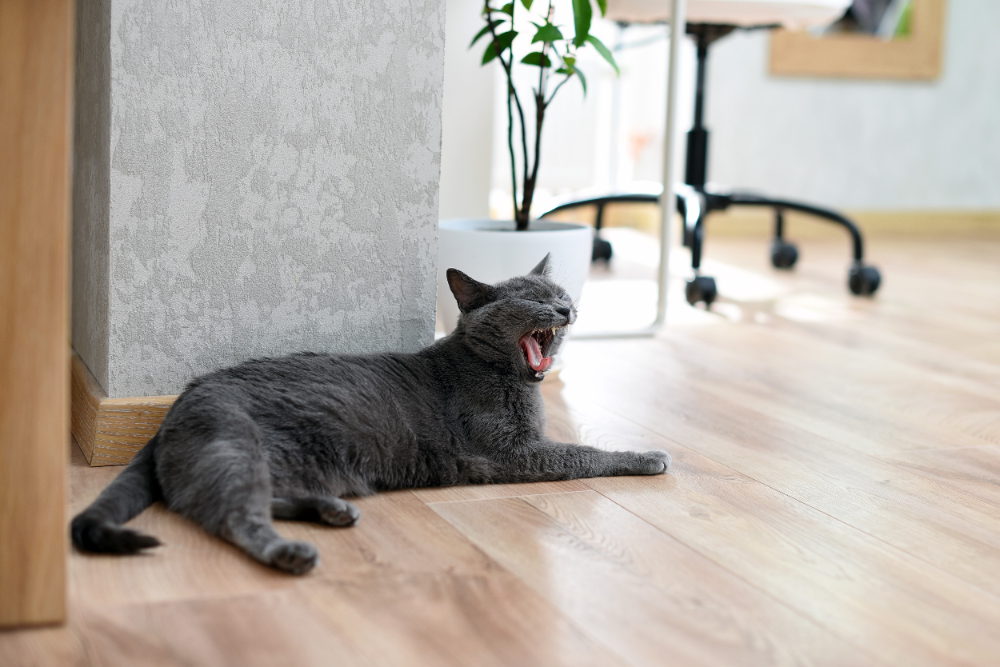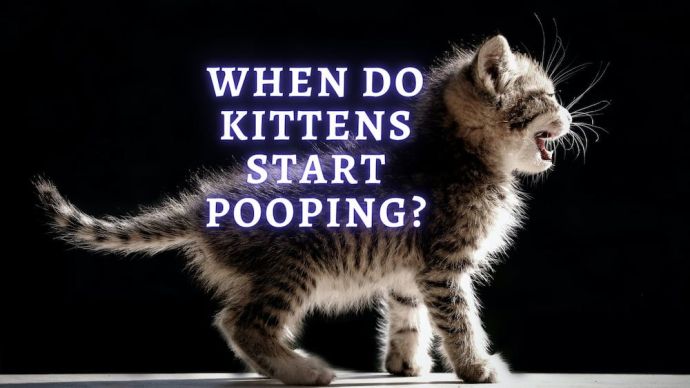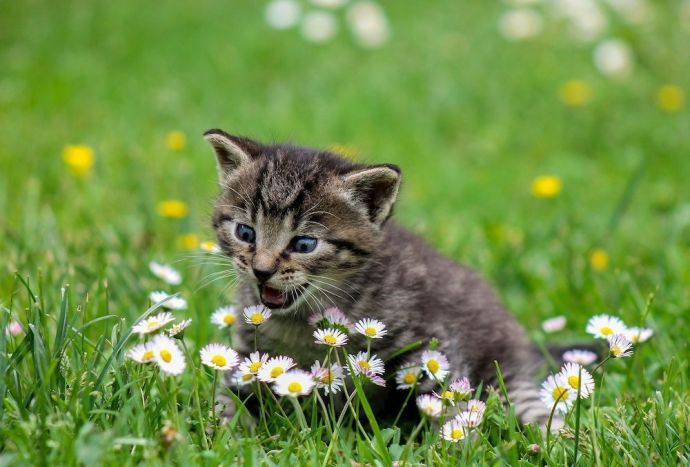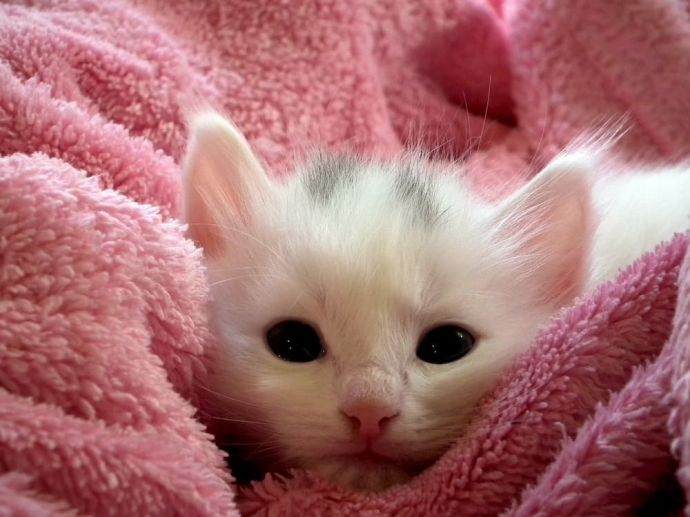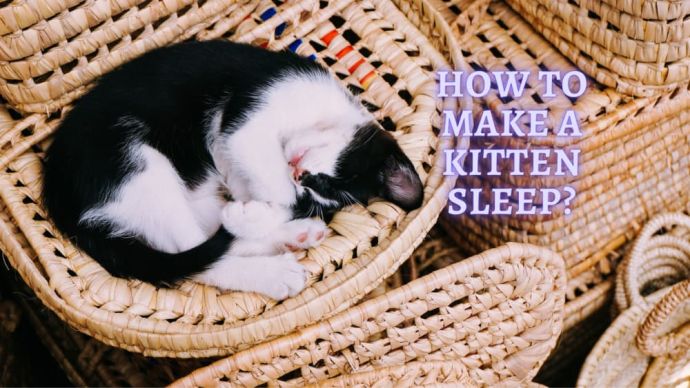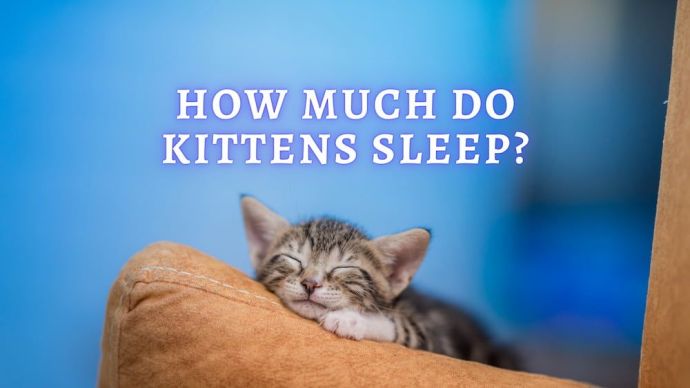Kitten Teething: What You Should Know
Written by:
Author: Tosine Kennedy
Tosine Kennedy is a professional writer and editor who loves pets and travel. Tosine has 6+ years of professional writing experience. She is a pet lover and specializes to write articles on Dog and Food Care.
View all 4 articlesLearn about our editorial process and veterinary review board.
Reviewed by:
Veterinary review
by Dr. Linda Simon
Dr. Linda Simon is a veterinary surgeon working with seven years of experience. She is a fellow of the British Veterinary Association and specializing in animal medicine. Also, she has been the Woman magazine resident vet for the past two years and writes a regular column for them, focusing on pets and their health.
View all 30 articlesLearn about our veterinary review board
Viewed: 734
Updated on: 03/04/2021
Your kitten can develop dental issues if you do not begin early to take proper care of its dental health. Right from the tender age, you need to monitor, supervise and cater to your kitten’s teeth. You need to know about teeth changes and teeth care for your kittens.
In providing answers to some of these frequently asked questions, we hope you will learn a lot about your kitten’s dental health. This knowledge will spare you a lot of troubles and keep your pets healthy and happy.
How many types of teeth do kittens have?
Normally, kittens have two sets of teeth in their lifetime — the deciduous teeth and the permanent teeth. Just like in humans, there are the temporary teeth also called milk teeth, baby teeth or deciduous teeth. Usually, the baby teeth are 26 in number. They consist of incisors, canines and premolars.
Kittens mature into cats to have permanent teeth also known as adult teeth. These are normally 30 in number. As well as incisors, canines and premolars these include molar teeth.
When do Kittens begin to have their Teeth?
Temporary teeth begin to erupt at an early stage. Between 2-4 weeks of age, the deciduous incisors begin to erupt as the first set of temporary teeth. Canines erupt slightly later at around 3-4 weeks. By the time the kitten is 5-6 weeks old, the premolars complete the temporary milk teeth eruption stage.
Permanent teeth of the cat will begin to replace the temporary kitten teeth as from 4 until 7 months of the kitten’s life. By the time your kitten completes its first year, it ought to have the complete set of 30 adult cat teeth.
How do Kittens lose their Teeth?
Kittens lose their milk teeth just as human babies and most other domestic animals do. The milk teeth begin to fall out in time for the adult teeth to replace them. The baby tooth to be replaced by the permanent one falls out when the adult teeth begin to develop and journey through the teeth bones. It pushes to the surface and gradually erupts to displace the temporary tooth.
What age do Kittens’ Teeth fall out?
Generally, kittens lose their milk teeth around the age of 4-7 months. However, there can be exception to this. So if you find your kitten losing its teeth at 12 weeks, it is not abnormal. Usually, by the time the kitten is 7 months old, its baby teeth ought to have been replaced by the permanent teeth.
READ MORE: Kittens Constipation Symptoms
Do Kittens swallow their baby Teeth?
Kittens may spit out the deciduous teeth when it comes they fall out. Sometimes, you find them lying around in the house. However, in some cases, kittens can swallow their milk teeth. This may occur if the tooth fell out while the cat is eating.
Do not be alarmed. The tooth will not harm them. Rather, it will harmlessly pass through the digestive tract and pass out with the feces.
Do Kittens bleed when they lose Teeth?
It is normal for your kitten to bleed mildly from their gums when it is losing its teeth. This will also stop after a while, on its own. But if the bleeding is much and doesn’t stop, consult the vet. This is not a common occurrence but could potentially in those with serious clotting disorders, rare in kittens.
What if a Kitten does not lose its deciduous teeth?
This is a common occurrence with kittens. At times, the deciduous tooth will get stuck in place when it is supposed to fall out. The canine teeth are most commonly affected. Meanwhile, the corresponding adult tooth is also pushing out from the same socket. This results in having two teeth in a socket meant for one.
This will cause malposition of the new tooth and crowding which may cause the kitten to experience abnormal bite. In addition, retained teeth or persistent teeth may lead to more food particles getting trapped in-between these teeth. This may, in turn, increase the chances of the kitten developing tooth decay, tartar, periodontitis, gingivitis and sometimes, premature loss of teeth. Moreover, the kitten may not experience normal growth and development of its jawbones due to the dental interlock from the retained tooth, although this is far less common.
READ MORE: Raising a Kitten Alone
Immediately book an appointment with a veterinary doctor once you notice that two teeth are crowding in one socket after the teething period has finished at 7 months of age. The stubborn tooth will be extracted quickly.
Early extraction will save you and the kitten a lot of traumas. It will help ensure that the adult teeth align properly in the socket and on time. That way, you can guard against further malocclusion issues. Many vets will do this at the same time as neutering surgery.
Failure to extract the offending milk teeth on time may lead to complications. It will prevent the adult teeth from shifting into its right position. This may result in extracting more than one tooth when the extraction is done later.
How do I know if my Kitten is Teething?
Teething is usually accompanied by discomfort. So watch out for that. Other signs of teething include
Excessive Chewing
When your kitten begins to chew anything and everything — shoes, toys, furniture — then it could be a sign of teething.
Less Playful
Your kitten may get less playful; get reluctant about playing with toys or other pets. Monitor it and stop it from harmful playing and activities.
Change in eating Habits
Your kitten may be forced to eat less when it is time for its teeth to erupt. This could be as a result of the discomfort or tender gums. Similarly, it may begin to chew more slowly and with more caution. These may result in weight loss. You can assist your kitten to pass this stage with less stress by making its food softer. You can also substitute their usual meal with canned food. However, be cautious to make any diet change gradually over the course of several days as an abrupt diet change can lead to stomach upset.
Incessant Meowing
The pain and discomfort may cause the kitten to meow more often than usual. This should not be confused with the ‘calling’ we see when an entire female cat has her first season at around 5 or 6 months.
Kittens may develop some dental issues as their teeth begin to erupt, including gingivitis, bleeding, and inflamed gums or bad breath. To be sure, take your kitten to a veterinary to confirm.
READ MORE: Kitten Development
How do I care for my Kitten’s Mouth during teething?
- Do not brush its teeth when it is teething. It can aggravate the pains and discomfort.
- Buy teething toys and rings if your kitten is chewing at everything in sight. These are usually made of plastic and will not harm the kitten. However, you need to be around to supervise the usage so that it doesn’t harm itself or risk the teeth breaking off.
- Create your own homemade pacifier for the kitten. Cut a clean washcloth big enough not to be swallowed. You can soak it in chicken broth with low sodium or juice made from tuna and then freeze it. Your kitten will enjoy this while also having something to chew on.
- Remove every hazardous object out of the kitten’s way when it is teething. Due to the urge to chew, it may chew even on harmful objects. Remove cables, razor blades, shoelaces, furniture, toxic plants, and flowers. To make it easier, you can limit their movement to empty or less crowded rooms.
- If your kitten is in severe pain during teething, take it to a vet who can prescribe some anti-inflammatory and pain relief medicine, though this is rarely required.
- Make sure the food you give your kitten during teething is soft enough not to cause injury or break the teeth. In addition, make sure the food is rich in the required kitten nutrition. This will also help in the proper development of its dentition and enhance dental health. Kittens have a naturally high protein and calcium requirement and must be fed a kitten diet, rather than one meant for adult cats.
- Stay observant of your kitten’s teeth to know when changes begin to occur. That way, you will know the right time to give it the right teeth care. You can keep checking its mouth weekly as from two weeks old until about eight months. If you notice any abnormality like persistent teeth or excessive bleeding gums, you know it is better to visit the vet.
READ MORE: Kitten Health Problems Symptoms
How to keep Kitten Teeth Healthy
Your kitten’s dental health is of great importance. Therefore, do not neglect it.
1. Toothpaste and Toothbrush
When it comes to toothpaste and brushing, it is better to start at an early age; about 6 months. That way, the kittens would become used to it by the time they mature into cats with adult teeth. However, resist brushing when teething commences.
Use only approved kittens’ toothpaste and toothbrush. No, don’t use human toothpaste, please. There is a variety of kitten/cat toothpaste on the market with different flavors. Find the one your kitten is comfortable with and brush its teeth with it at least three times a week, if possible. In the ideal world, we would brush teeth daily but even the most well-behaved cat is unlikely to tolerate this!
2. Dental Treats
When your kittens have developed their adult teeth, it is recommended that you give them dental treats. Dental treats can help reduce the likelihood of your kitten developing tartar and plaque. Buy the right dental treat like Greenies. Your kitten can chew on it daily without becoming overweight as long as you account for it when calculating their daily calorie requirement and measuring out their meals.
This is not a replacement for teeth brushing though.
3. Diet
It is well established that diet plays a big role in feline dental disease. Feeding a dry biscuit rather than wet food which cakes on the tooth can dramatically reduce plaque build-up.
4. Dental Wipes, Pads, Enzymatic Powders, and Rinses
Kittens may not tolerate brushing during teething or when they become older. You can use disinfectant wipes, pads, and powders to add to food or water and rinses to keep their mouth clean. These can also help clear out plaque deposits from the tooth surface and food debris from gum sockets.
Use of dental wipes, pads, and rinses may not be a perfect substitute for brushing, but it comes close, especially when performed daily.
In summary
Teeth changes and teeth care for kittens go hand in hand and are essential to the kitten’s health. It is wiser to start early and keep being observant all through the teething period and beyond.
By taking positive actions timely, you prevent dental ill health and diseases from plaguing your kitten. If you can provide quality dental care for your kitten at home, you would be reducing the number of visits to the vets.
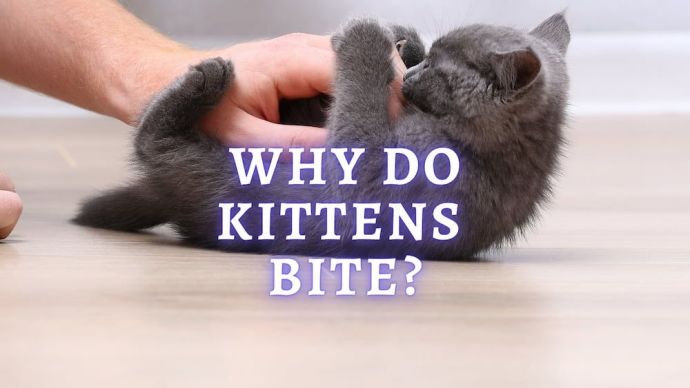 Kitten Care Why Do Kittens Bite? Reasons Why Do Kittens Bite And Ways To Stop Your Kitten Biting You
Kitten Care Why Do Kittens Bite? Reasons Why Do Kittens Bite And Ways To Stop Your Kitten Biting You - 176
- 0
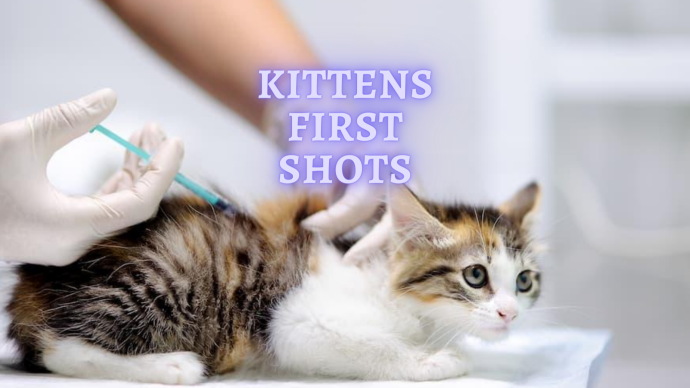 Cat Veterinary Tips Kittens First Shots: When do Kittens get their First Shots?
Cat Veterinary Tips Kittens First Shots: When do Kittens get their First Shots? - 513
- 0
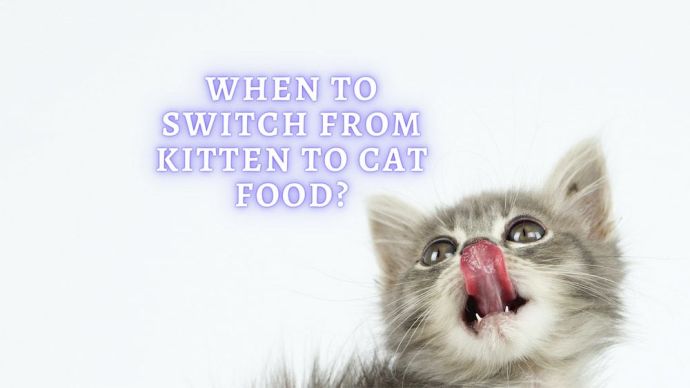 Kitten Care When to Switch from Kitten to Cat Food: Vet Advice on Switching on Adult Cat Food
Kitten Care When to Switch from Kitten to Cat Food: Vet Advice on Switching on Adult Cat Food - 331
- 0
 Cat Care Why Does My Cat Attack My Legs? 10 Reasons Why and What To Do About It (Vet-Approved Advice)
Cat Care Why Does My Cat Attack My Legs? 10 Reasons Why and What To Do About It (Vet-Approved Advice) - 46013
- 21
 Cat Veterinary Tips Cat Stomach Gurgling: Vet Advice on Why is Your Cat Stomach Gurgling?
Cat Veterinary Tips Cat Stomach Gurgling: Vet Advice on Why is Your Cat Stomach Gurgling? - 36469
- 4
 Cat Veterinary Tips My Cat Lost its Voice: Can Cats get Laryngitis? (Vet Advice)
Cat Veterinary Tips My Cat Lost its Voice: Can Cats get Laryngitis? (Vet Advice) - 23554
- 13









